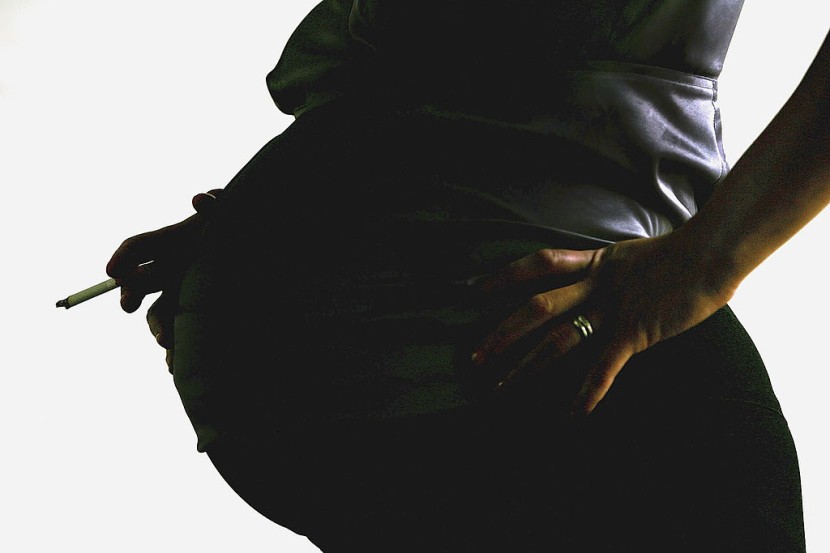A recent study claims that vaping does not pose harm to pregnant women and their unborn babies. Switching from smoking traditional cigarettes to using e-cigarettes is deemed a potentially safer alternative for expectant mothers.
The findings were based on a study of 1,140 pregnant women smokers conducted by Researchers at Queen Mary University of London, University of New South Wales (Australia), University of Nottingham, St George's University of London, University of Stirling, University of Edinburgh, King's College London, and St George's University Hospitals NHS Foundation Trust. The paper was published Wednesday in Addiction Journal.

"The trial contributes answers to two important questions, one practical and one concerning our understanding of risks of smoking," Professor Peter Hajek, the study's lead author, said. "E-cigarettes helped pregnant smokers quit without posing any detectable risks to pregnancy compared with stopping smoking without further nicotine use."
The research scrutinized data obtained from the Pregnancy Trial of E-cigarettes and Patches (PREP) randomized controlled trial, which received funding from the National Institute for Health and Care Research (NIHR).
The study involved participants from 23 hospitals in England and one stop-smoking service in Scotland. Its aim was to compare pregnancy outcomes in women who used nicotine in the form of e-cigarettes (EC) or nicotine patches regularly during their pregnancy with those who did not.
The assessments encompassed comparisons of nicotine intake with baseline, birth weight, additional pregnancy outcomes, adverse events, maternal respiratory symptoms, and relapse in individuals who had abstained early on.
The data implies that ongoing usage of nicotine replacement therapy (NRT) products did not result in any detrimental effects on the mother or baby beyond the initial trimester. Moreover, there is no correlation with adverse pregnancy events or unfavorable outcomes during pregnancy.
Among those who quit smoking during pregnancy, those who used electronic cigarettes (EC) at the end of pregnancy had a 45% reduction in a marker called salivary cotinine, indicating lower exposure to nicotine.
For women who continued to smoke or used both EC and cigarettes, cotinine levels either increased or remained the same. Birth weights were similar between dual users and exclusive smokers, but for women who quit smoking and used either EC or NRT, the birth weight was higher compared to smokers. Those who quit and used EC also reported improvements in cough and phlegm.
Importantly, using EC or NRT did not lead to worse pregnancy outcomes or more adverse events compared to not using these products. Additionally, the use of EC or NRT did not increase the likelihood of relapse to smoking during pregnancy.
The findings led the researchers to conclude that the widely-known pregnancy risks from smoking are attributed to tobacco rather than nicotine.
"Using nicotine containing aids to stop smoking in pregnancy thus appears safe," Hajek concluded. "The harms to pregnancy from smoking, in late pregnancy at least, seem to be due to other chemicals in tobacco smoke rather than nicotine."
Limited Research on Vape Safety for Nonsmokers during Pregnancy
The study proposes vaping as a safer choice for pregnant smokers, emphasizing the potential benefits of switching from smoking.
However, the authors advised nonsmokers against initiating any device use during pregnancy due to the need for further verification through additional studies.
Researchers highlight other limitations in the study, such as reliance on self-reported abstinence and potential oversight of rare pregnancy complications due to small sample sizes in some comparisons.
The follow-up period also only extended to three months post-delivery, and saliva samples were collected from only a subset of participants.








